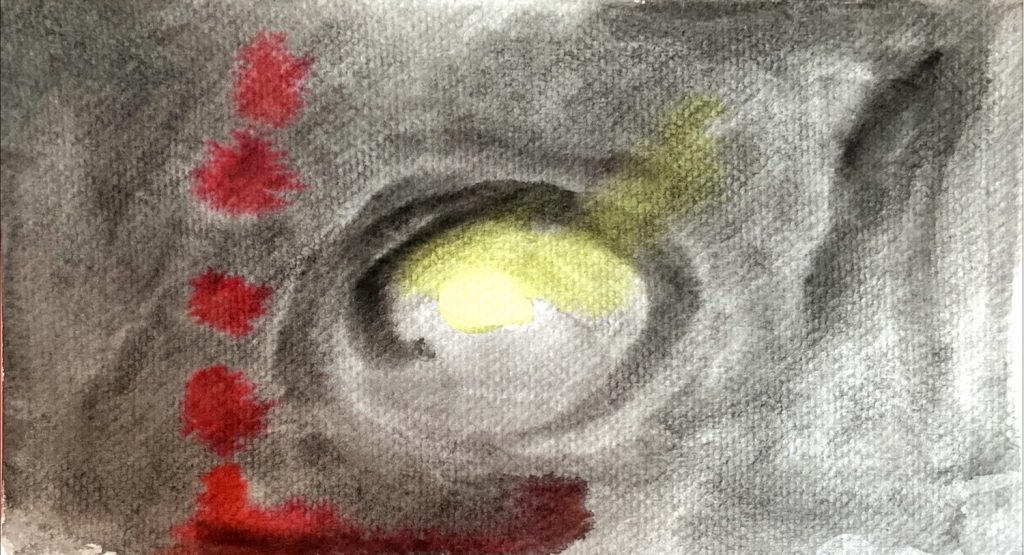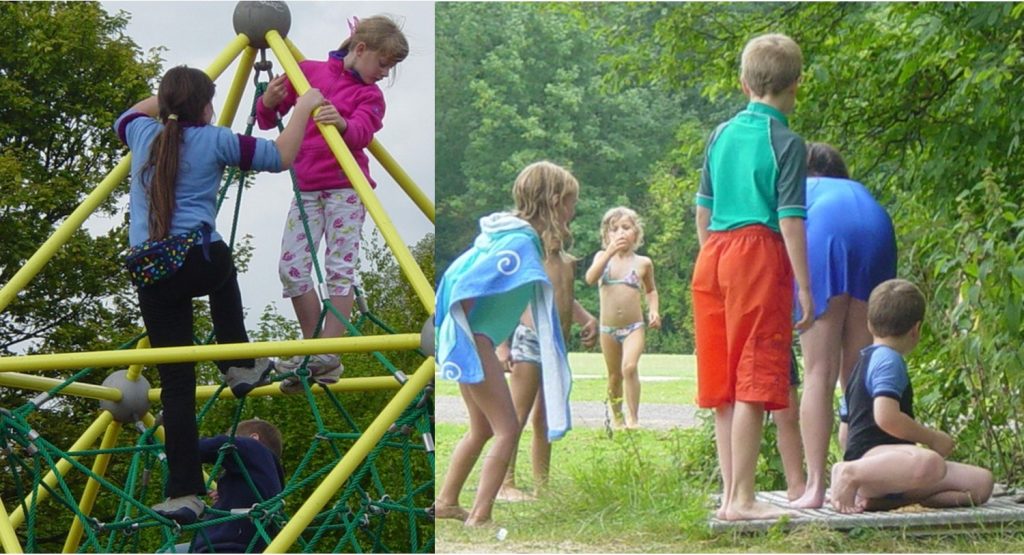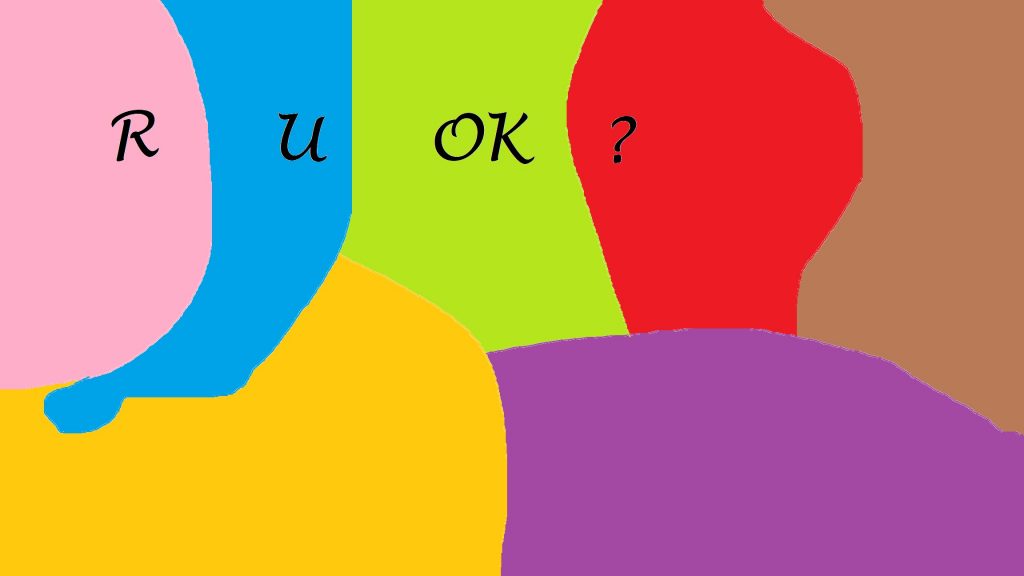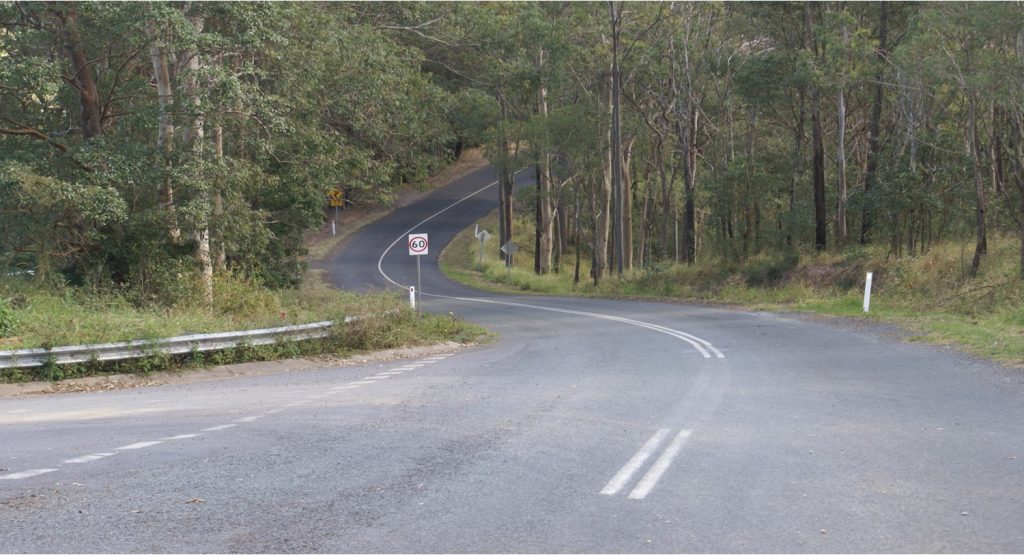
In my last blog on Grief, I talked about how you can grow from grief. It sounds bizarre to suggest that something so horrible can lead to positive growth, but it can.
It is important to note that not everyone who grieves will experience positive growth. But a lot of people do.
POST TRAUMATIC GROWTH
You may have heard the term “post traumatic growth”.
This term has been gaining popularity amongst workers in the trauma field. It is the idea that trauma is not always negative. It can also have a positive aspect where the person grows in a positive direction as they recover from their trauma.
BUT THIS IS TRAUMA I AM TALKING ABOUT, NOT GRIEF.
Grief is a traumatic experience and it is included in discussions about post traumatic growth.
Trauma is a highly stressful event that often results in a negative response. Researchers have found that your brain manages the stress in the same way that positive changes can be made in the brain.
What this means is that it is possible after a highly distressing traumatic event to have negative and positive growth.
It is well known that crises in life lead to distressing emotions and it is not unusual for you as you experience these emotions to feel anxious and frightened. You may also feel sad and depressed. These feelings can continue for a long time.
Grief is one of these life crises and it is well known that sadness, a deep longing (otherwise known as yearning) for the person and wishing the person was still alive are common. Feelings of guilt, anger and irritability are also commonly observed in people who are grieving and you may be experiencing these feelings too.
These same experiences are also common in people who have suffered other traumas.
HOW CAN I GROW WHEN I AM SO DEVASTATED?
There is a widespread that trauma always results in negative consequences to the traumatised person. But research has also shown that growth also occurs. In short, that distress you feel can coexist with growth.
Many people feel they go backwards when they suffer grief and for a time that is probably true. But post traumatic growth is not just a return to the way you were, it is actually an improvement that in some people is very obvious.
IS POST TRAUMATIC GROWTH THE SAME A RESILIENCE?
Before I answer that question it is important to acknowledge that grief is not just an intellectual pursuit. Many people try to intellectualise it and fail. Grief is also experiential. You need to allow yourself to experience it in order to process it.
Resilience and Post Traumatic Growth, along with hardiness, optimism and a sense of coherence are personal characteristics that provide the ability of the individual to manage difficulties effectively.
Resilience is the ability to bounce back and continue with life after a difficult event.
Hardiness is an ability to commit to things, control self and face challenges that occur in life. Characteristics of hardiness are considered to be curiosity, being proactive, having a strong belief in your personal effectiveness and being willing to face challenges positively.
Optimism is where you consider positive outcomes will occur … eventually.
A Sense of Coherence is where you have the ability to understand events, can cope with them and even find meaning in them.
Post Traumatic Growth refers to the ability to change and not be damaged by life’s stressful events. This is where you are able to transform your life.
WHAT GRIEF TRAUMA DOES TO YOU
Grief trauma causes you to be somebody else. After a traumatic event it is not possible to go back to being the you that you were before.
It causes you to rethink all that you have previously believed about the reliability and fairness of your world.
You may find the people you thought would stand by you melt away and the ones who support you were people on the periphery of your friend circle. So many people report family rifts opening up and long term friendships ending.
All these changes in the people around you add to the sense of the world you knew ceasing to exist.
You are likely to experience a loss of trust in the certainty and positivity of life.
HOW DO I GROW FROM THAT?
When you suffer such a traumatic event it will always be remembered as traumatic. How can it be okay that this person you loved so much has died?
What researchers have found happens is that, without making a decision to, you will over time make meaning out of this traumatic event.
HOW DOES POST TRAUMATIC GROWTH WORK?
There is within everyone a drive to survive. That drive is now known to continue to operate in the brain even when there is a trauma being experienced. In other words, your desire to survive is existing in your brain alongside your distress as this traumatic event.
This is how it is possible to derive meaning from the event, even when it is so distressing.
As your brain works to survive this distress, your brain is also finding new understandings of the world. It is coming to terms with the uncertainty and unfairness of the world and the changes in support networks that may have occurred.
What this means is that you grow in the aftermath of grief because of your brain seeking to comprehend the new reality of your life with the loss of the person you love, the loss of trust in the world and the loss of some support networks.
WHAT DOES POST TRAUMATIC GROWTH LOOK LIKE?
People who report experiencing this growth report they:
• Feel an increased appreciation of life in general
• Develop more meaningful interpersonal relationships
• Possess an increased sense of personal strength
• Experience changed priorities, and
• Have a richer existential and spiritual life
WHAT SUPPORT CAN I OFFER YOU TO FACILITATE YOUR POST TRAUMATIC GROWTH?
Research has shown that post traumatic growth can be aided by the presence of supportive others to listen, assist you to craft narratives about what has happened and help you explore different perspectives. I will not tell you that in your initial sessions. It is just a process I understand you may undertake at some time.
At first you are likely to be feeling very emotional. You may spend more time crying than talking. That is totally normal and my counselling sessions are safe places for you to cry and express your emotions.
There will come a time when you will be ready to talk about other things some of the time.
REBUILDING YOUR WORLD
Because grief shatters your world you have to rebuild it. Part of this process is examining what the world means to you now. This is an existential experience and you need a counsellor who is comfortable with existential processes. As an existential therapist I am very comfortable with those at times difficult explorations. I can hold that space for you as you explore beliefs and concepts that may seem strange and even scary.
You may experience spiritual challenges and you need someone comfortable with those discussions. This is something I am very experienced in.
TELLING YOUR STORY
It is also important you are able to tell your story and be heard. Society often imposes limits on what the bereaved person is able to share. Many people feel constrained to share their feelings and are afraid to cry in public.
Being heard involves being allowed to talk without the other person telling you their story, or trying to solve your problem, or trying to offer platitudes such as “they are in a better place”, “its all for the best” and so on.
I will listen. I may ask you questions to help you to explore things further, and I will definitely summarise what you are telling me so that you can be sure I am listening to you.
FINDING THE SAFE PLACE TO EXPRESS YOURSELF
It is vital you are able to find somewhere where it is safe and acceptable to cry and share your feelings. Where it is acceptable to share and reshare your stories. This process is vital for processing your grief.
Different people have different needs around how much sharing is needed. Some people are fortunate enough to find a group of family/friends or a support group to allow them to talk and cry without censure. This type of support needs to be long term and consistent. It is unhelpful if family or friends become tired of hearing the stories and stop being supportive. It is also unhelpful if sometimes you get support and other times you are shut down.
Connection to a mutual support group can also be helpful. Being able to share with others who have been through what you are experiencing can help you feel okay to accept new ways of being.
CRAFTING A NARRATIVE
Narratives form a large part of your life and how you see yourself in the world. From family stories of events to your own stories of experiences you are always constructing stories (narratives) about your life. When someone you love dies you will construct many stories about their death, the events that occurred after that, the events in your life together and stories told to you by other people.
In a session with me you will be encouraged to share the narratives that seem important to you. You may not be aware you are doing it. Telling me about the events around your loved one’s death may not seem to be a narrative, but it is.
Narratives are useful in that they guide you to examine questions of meaning around your loved one’s death.
Narratives are not just facts of the events, they also include a lot of emotions. Sharing your narrative allows you to explore those emotions in a supportive environment.
RUMINATION AND HOW IT HELPS
Rumination is often seen as a negative in mental health. This is because the act of replaying negative stories and thoughts (rumination) is seen as being detrimental in depression.
Grief, however, is not depression. The sadness around grief may look like depression but it is not.
People with depression are discouraged from thinking about the negative thoughts.
With grief, however, researchers have discovered that this constant rehashing of events and feelings is beneficial in helping you to make sense of events, problem solve, reminisce and anticipate the future.
According to these researchers rumination in grief and other traumas is conscious, revolves around the event, and involves seeking to achieve a goal or the sorrow around a goal that has not been achieved.
In grief you are thinking about the past and that is something that needs to be worked through. You will also think about the present and the things now that are impacting you. They also need processing. You will also be worrying about what may happen in the future.
THERE ARE ALWAYS MORE LOSSES THAN JUST THE DEATH OF YOUR LOVED ONE.
As you process your thoughts about the loss of your loved one, you will reflect on past events and process anything that has remained unfinished. That is important in processing the grief.
You will also process the things that won’t happen. Examples include:
• You may never achieve your goal of a wonderful trip you had planned with your loved one.
• You may never get to grow old together.
• You may never have children together, or grandchildren, depending on your age.
These losses need to be processed as well.
BEFORE, AFTER AND THE POINT IT ALL CHANGED
In time you will likely find you divide your past into the time before your loved one died, the event of their death, and the time after. You will likely reflect late that the event of their death was a turning point in your life. Nothing was ever the same again. This doesn’t mean the turning point was something positive. It just was a point when your life changed.
There may come a point where you are able to recover the self esteem you may have lost as a result of your grief. You may find you wake up one day and realise you want to make changes in your life and you have the power to do that.
You may also accept the importance of looking after your needs. Part of this process may involve ending relationships that don’t help you anymore.
You will most likely realise that you are responsible for your own healing and your own journey.
None of this is easy, but it is possible if you want it. Enlisting the support of a trained grief counsellor to guide you through can really help.
HOW TO CONTACT ME
If you would like to talk to me about how I can help you with your grief, please contact me on 0409396608 or nan@plentifullifecounselling.com.au
If you would like to learn more, I write a regular newsletter with interesting information, tips, information on courses, and the occasional freebie. At the moment I have a free mindfulness meditation for anyone who signs up to my newsletter. This meditation offers a way to safely explore your feelings and learn to be okay with them. If you would like to subscribe please click on the link here: http://eepurl.com/g8Jpiz










